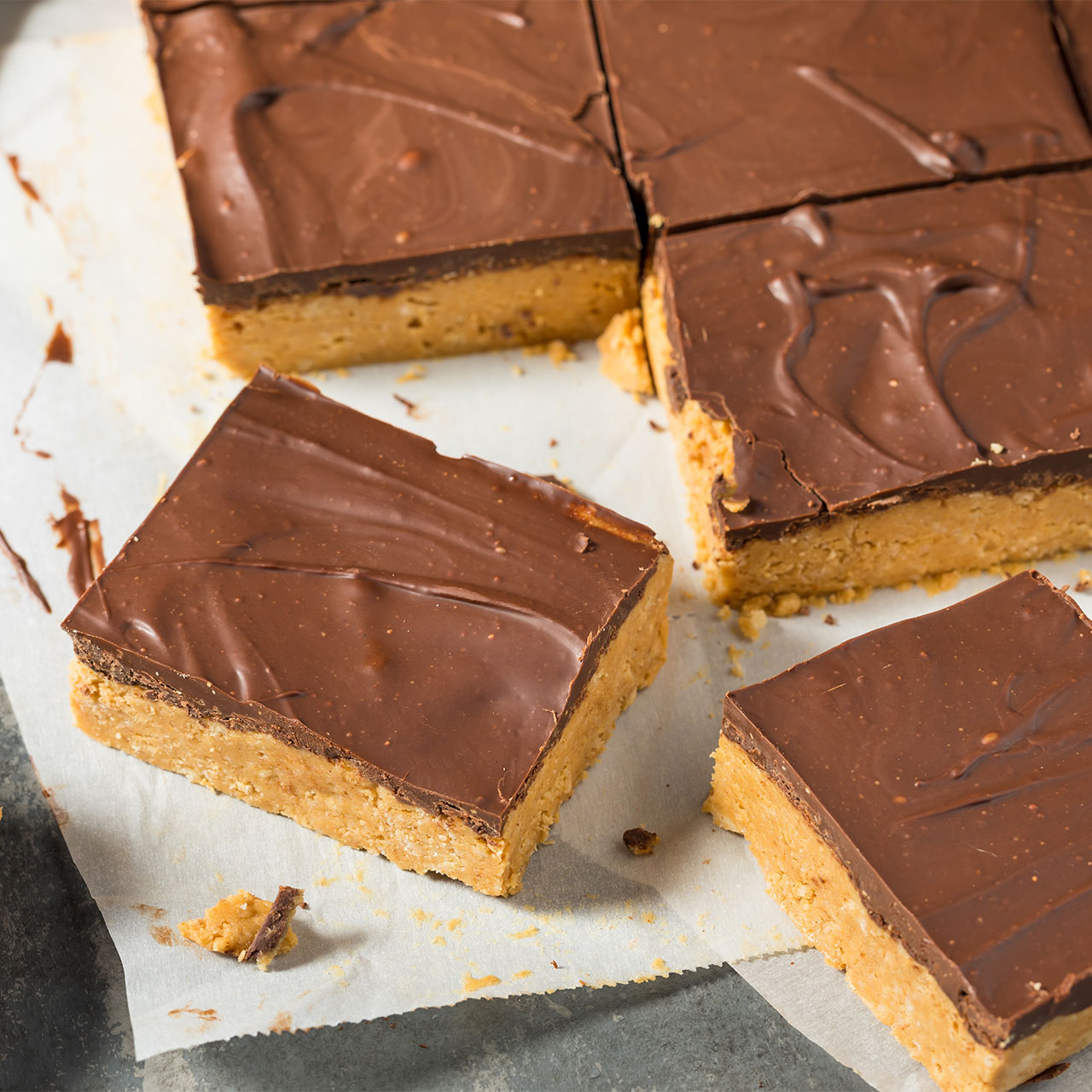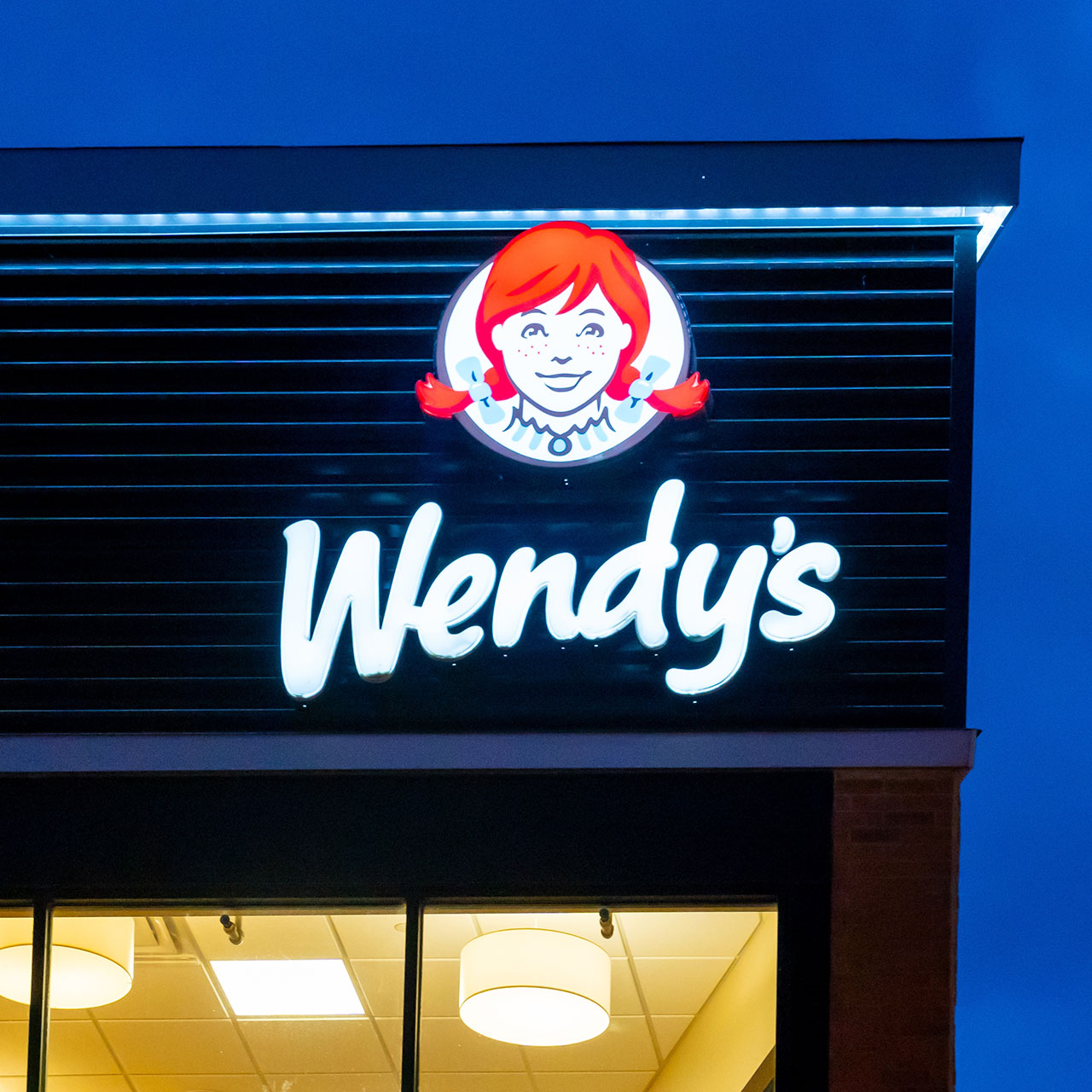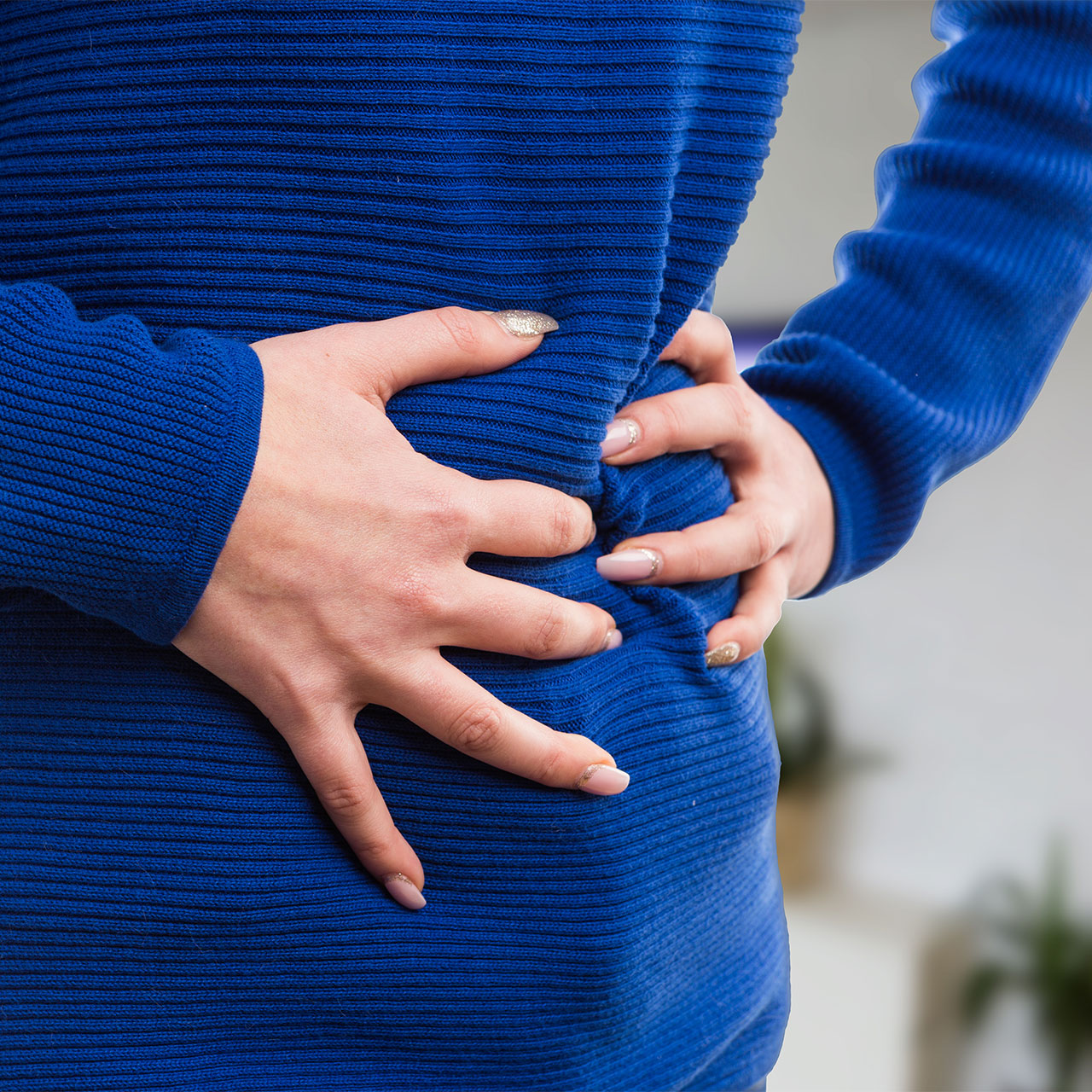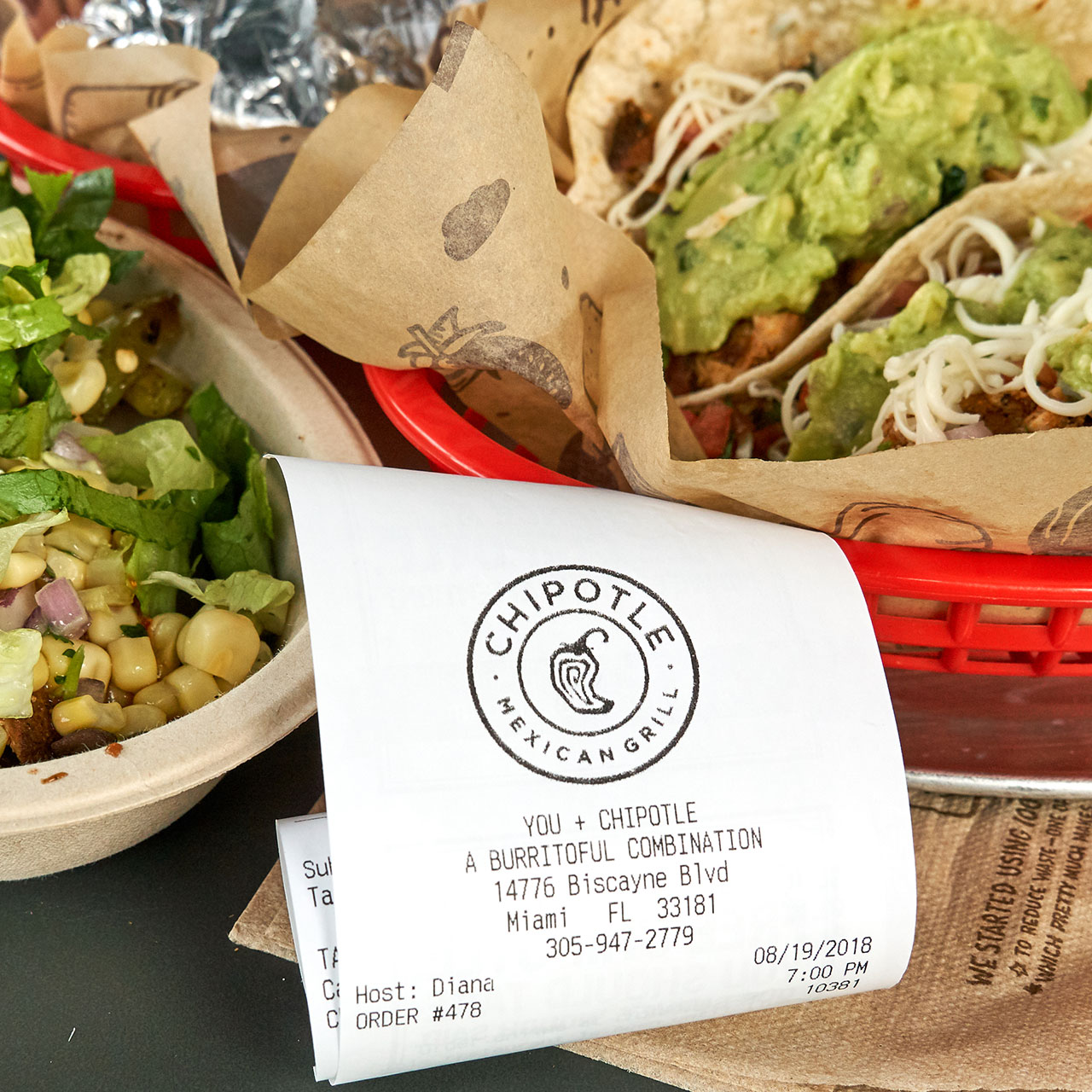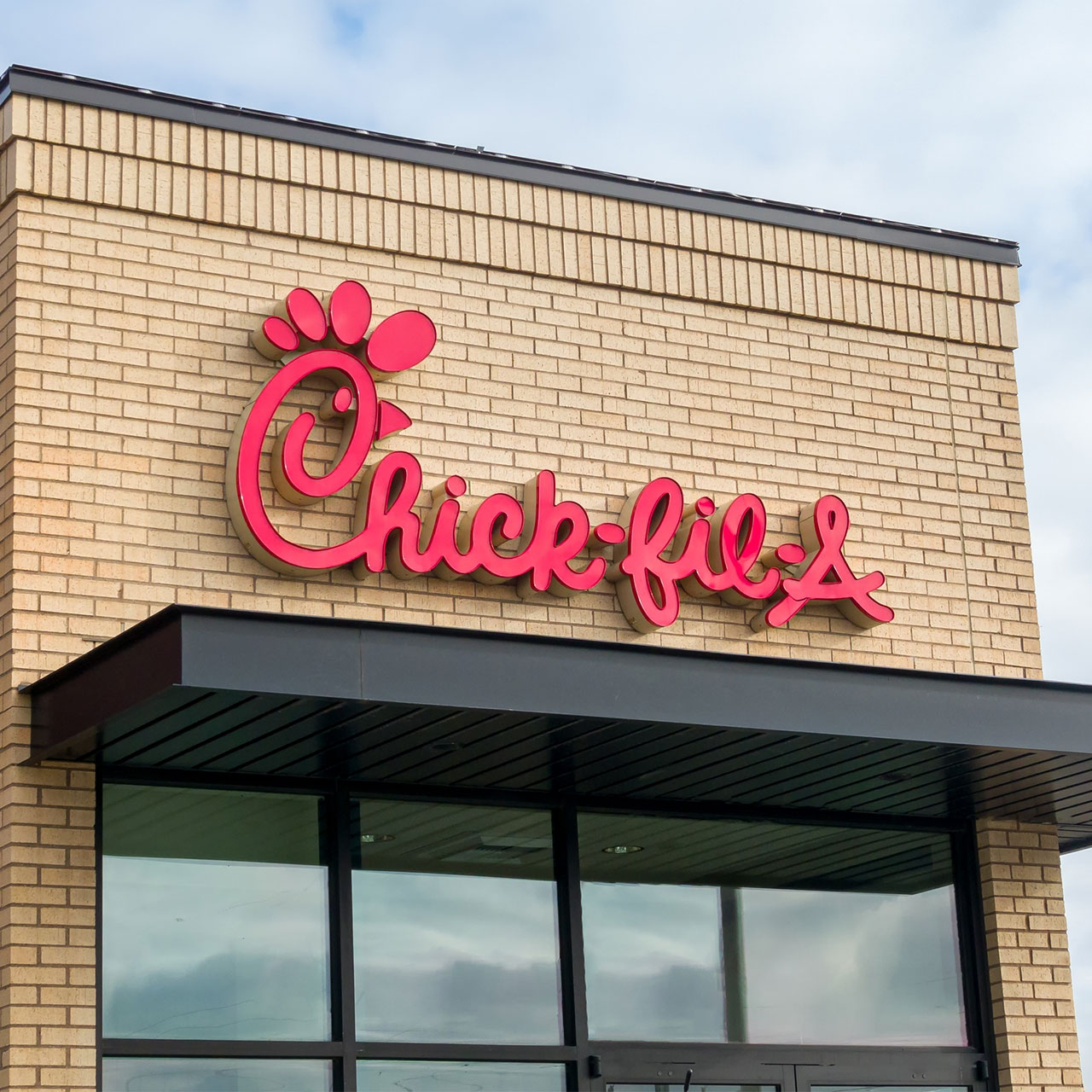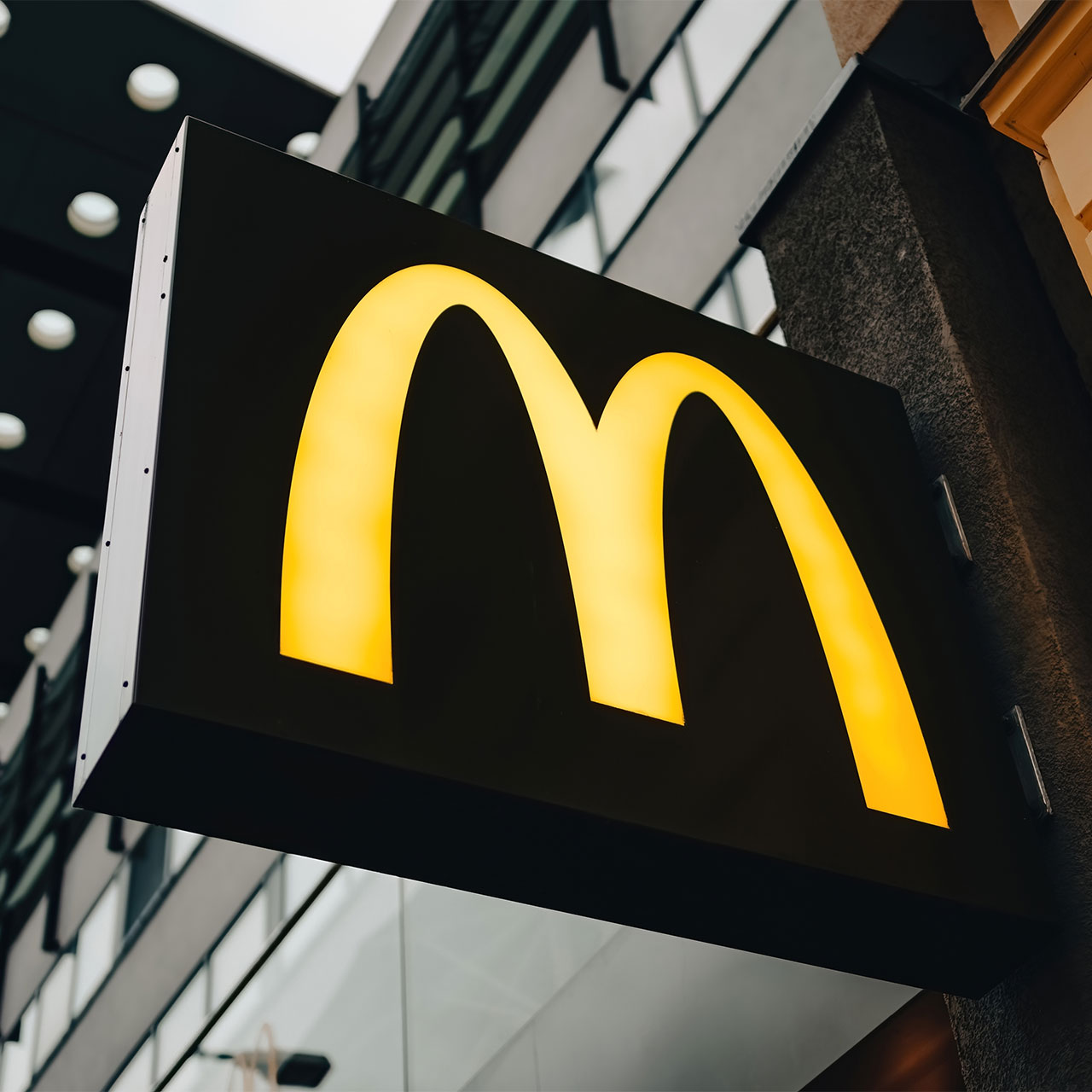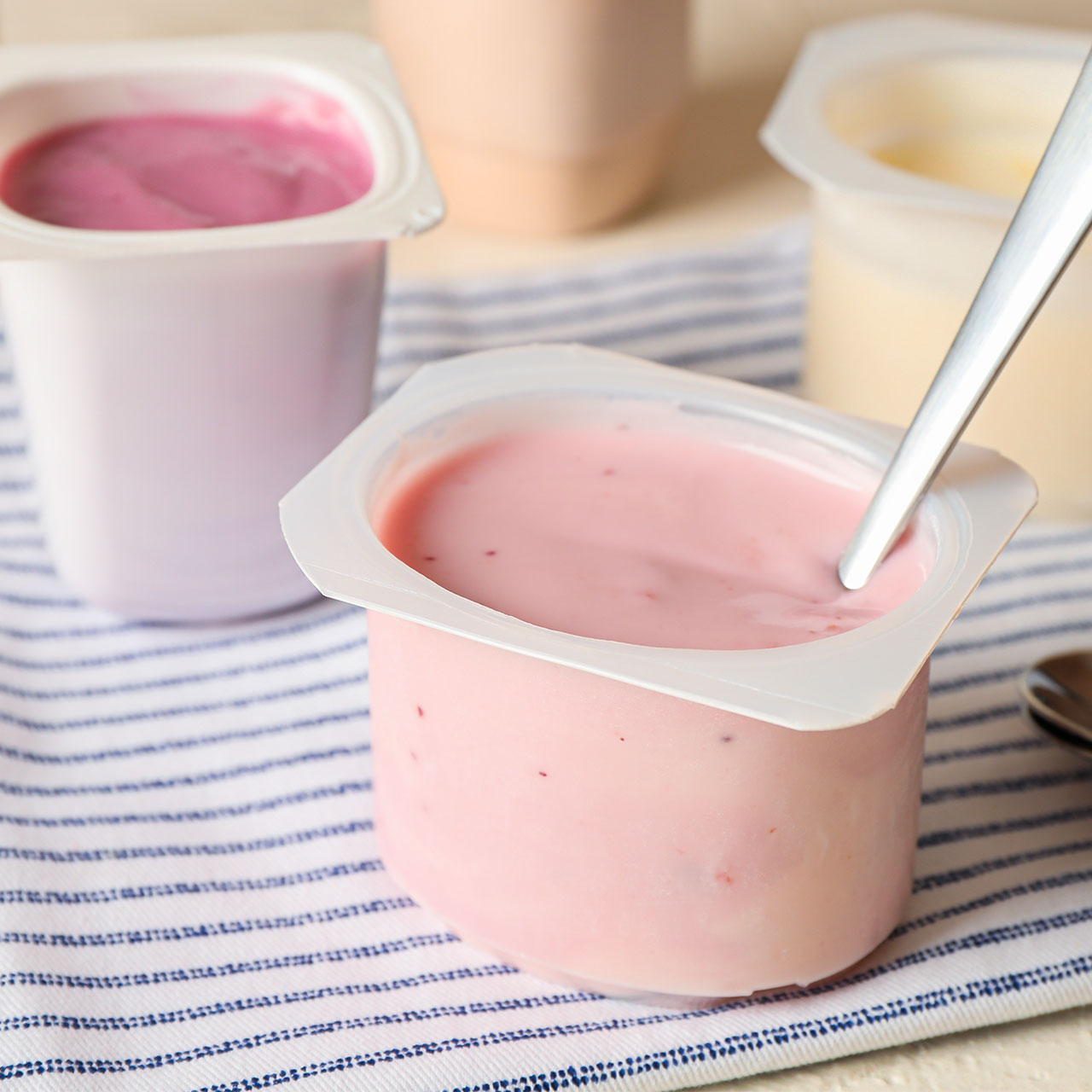Inflammatory drinks and digestive discomfort are interconnected aspects of our daily lives that often go unnoticed. The beverages we consume play a significant role in either promoting or alleviating digestive issues. Digestive discomfort manifests in various forms, including bloating, gas, indigestion, and abdominal pain. Factors such as poor dietary choices, stress, and the consumption of inflammatory drinks can disrupt the natural digestive process. When the digestive system is compromised, it can impact nutrient absorption and overall well-being.
We spoke with Destini Moody, sports dietitian, registered and licensed dietitian, board certified specialist in sports dietetics, to learn about the three inflammatory drinks to stop consuming because they can further exasperate digestive discomfort. Moody revealed that liquor, soda, and energy drinks are the ones to cut out if you want to soothe your digestive system.

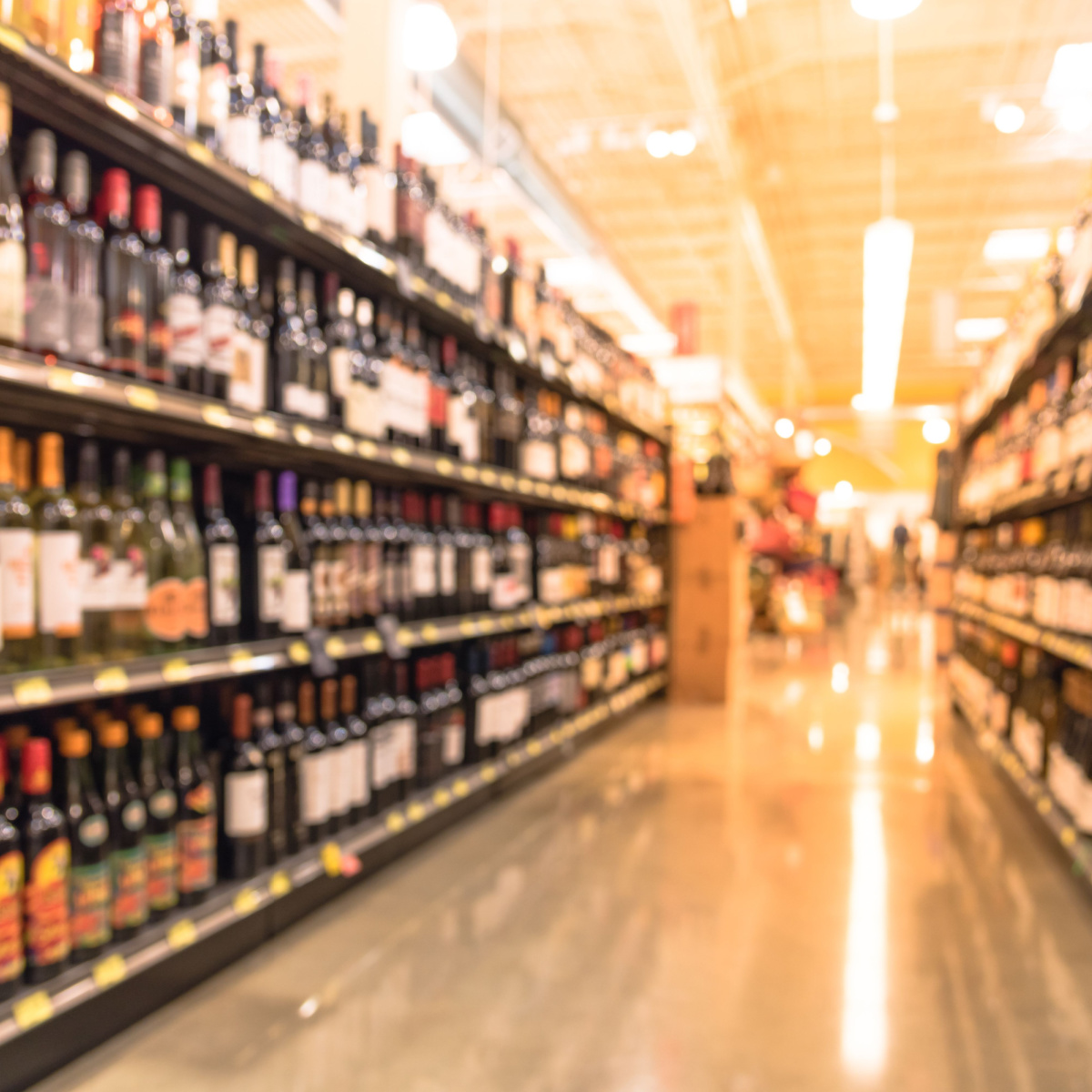
Liquor
Eliminating or reducing the consumption of liquor can significantly contribute to alleviating digestive discomfort. Alcohol, a common component of many alcoholic beverages, can have adverse effects on the digestive system. It may irritate the gastrointestinal lining, leading to inflammation and disrupting the natural balance of stomach acids. Additionally, alcohol can impair the function of the muscles in the digestive tract, potentially causing symptoms like bloating, indigestion, and discomfort.
"Though alcohol provides calories (about 7 calories per gram, compared to the 4 calories per gram contained in carbohydrates), it provides no nutrients that promote wellness. In fact, it may not come as a shock to hear that alcohol is a toxin. Therefore, habitual consumption of alcohol has been shown to cause inflammation in the gut, damaging the intestinal tissue and disrupting the population of good bacteria," Moody says.
She goes on to add that "abstaining from alcohol or only indulging sparingly can help you maintain an optimal microbiome. Consider instead having sparkling or virgin versions of your favorite cocktails if you need to drink socially or for family gatherings."
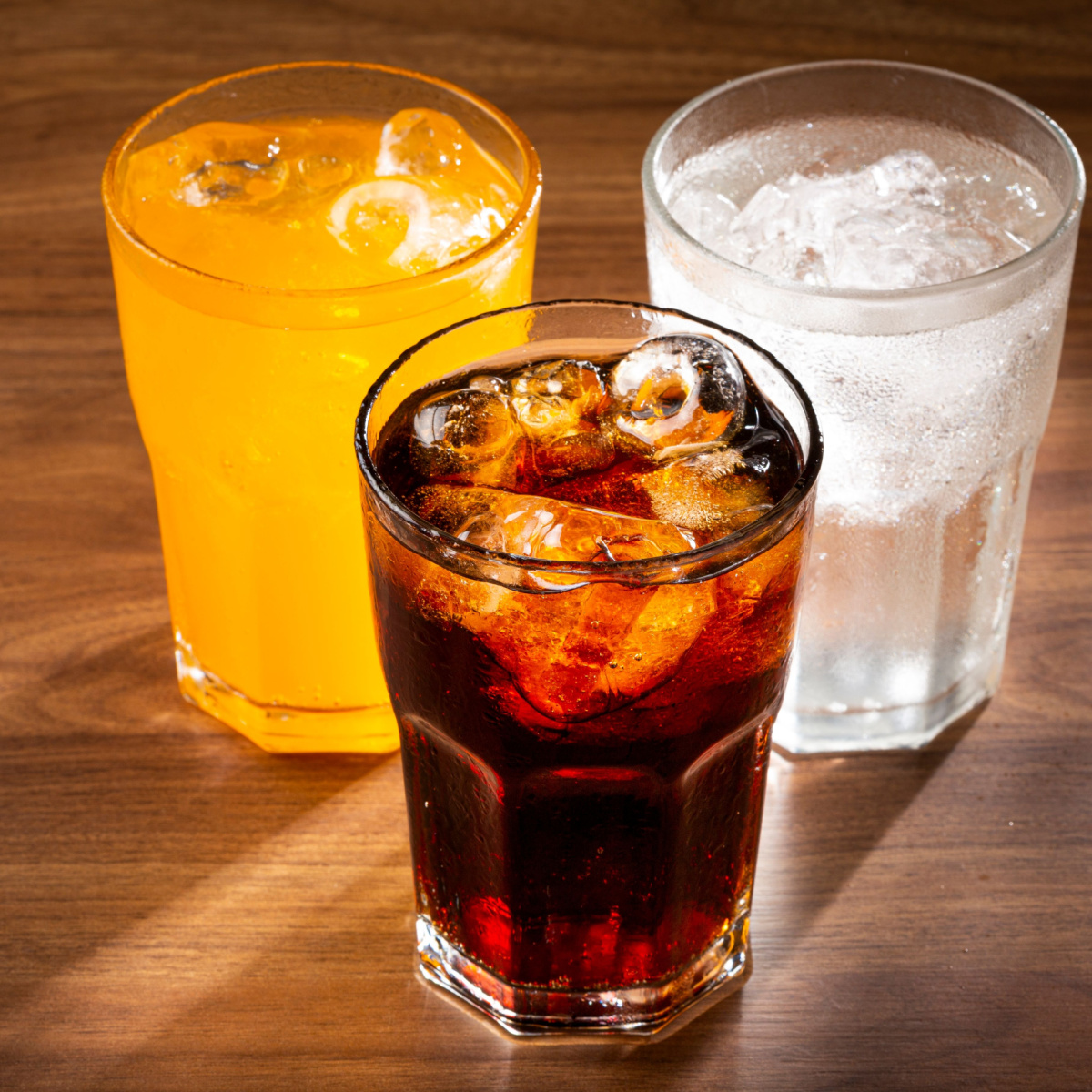
Soda
Eliminating soda from your diet can be a crucial step in alleviating digestive discomfort. Soda, laden with sugar, artificial sweeteners, and carbonation, can wreak havoc on the digestive system.
The high sugar content not only contributes to weight gain but also disrupts the balance of gut bacteria, potentially leading to bloating and gas. The mixture of carbonation and sugar found in sodas may not be optimal for your gastrointestinal (GI) tract. Carbonation can exacerbate heartburn issues, especially for individuals who already experience difficulties with it.
Moody explains further, "In any case, the combination of glucose and fructose that floods the gut after ingesting sugar doesn’t always absorb well as the receptors for these monosaccharides can get saturated quickly. Since soda floods your system with these compounds much more quickly than solid sugary food that requires more chewing and digestion, it can cause the gut to pull water into the intestines to dilute them."
"This excess water can cause stomach cramping, diarrhea and other digestive issues. Instead of soda, if you want some flavor in your drinks, try some fruity teas or water infused with fruit," Moody says.

Energy Drinks
Eliminating energy drinks from your daily routine can be a beneficial strategy for alleviating digestive discomfort. Energy drinks, often loaded with caffeine, sugar, and other stimulants, can negatively impact the digestive system.
Moody adds that "many energy drinks are high in sugar, not only to boost your energy levels quickly, but to make them so tasty you can’t help but make them part of your daily routine. The damaging effects of refined sugar we’ve already mentioned, so the real problem with energy drinks is the high caffeine content. The intestines contain two layers of muscles that we cannot consciously control, but they work to move digested food and drinks through to their final destination."
She elaborates further and notes how caffeine exerts a stimulating influence on the muscles of the intestines, prompting contractions even when the gastrointestinal (GI) tract is not fully occupied. This effect can result in frequent visits to the bathroom, loose stools, and stomach discomfort, particularly when combined with a substantial amount of sugar. It is advisable to opt for moderate amounts of black coffee instead, as coffee provides antioxidants that are absent in energy drinks. This choice can help mitigate the potential adverse effects associated with excessive caffeine and sugar intake on digestive health.


